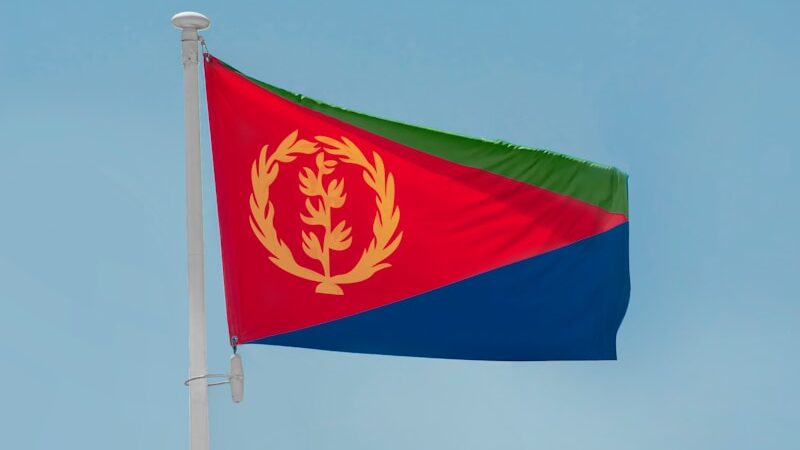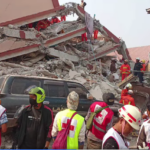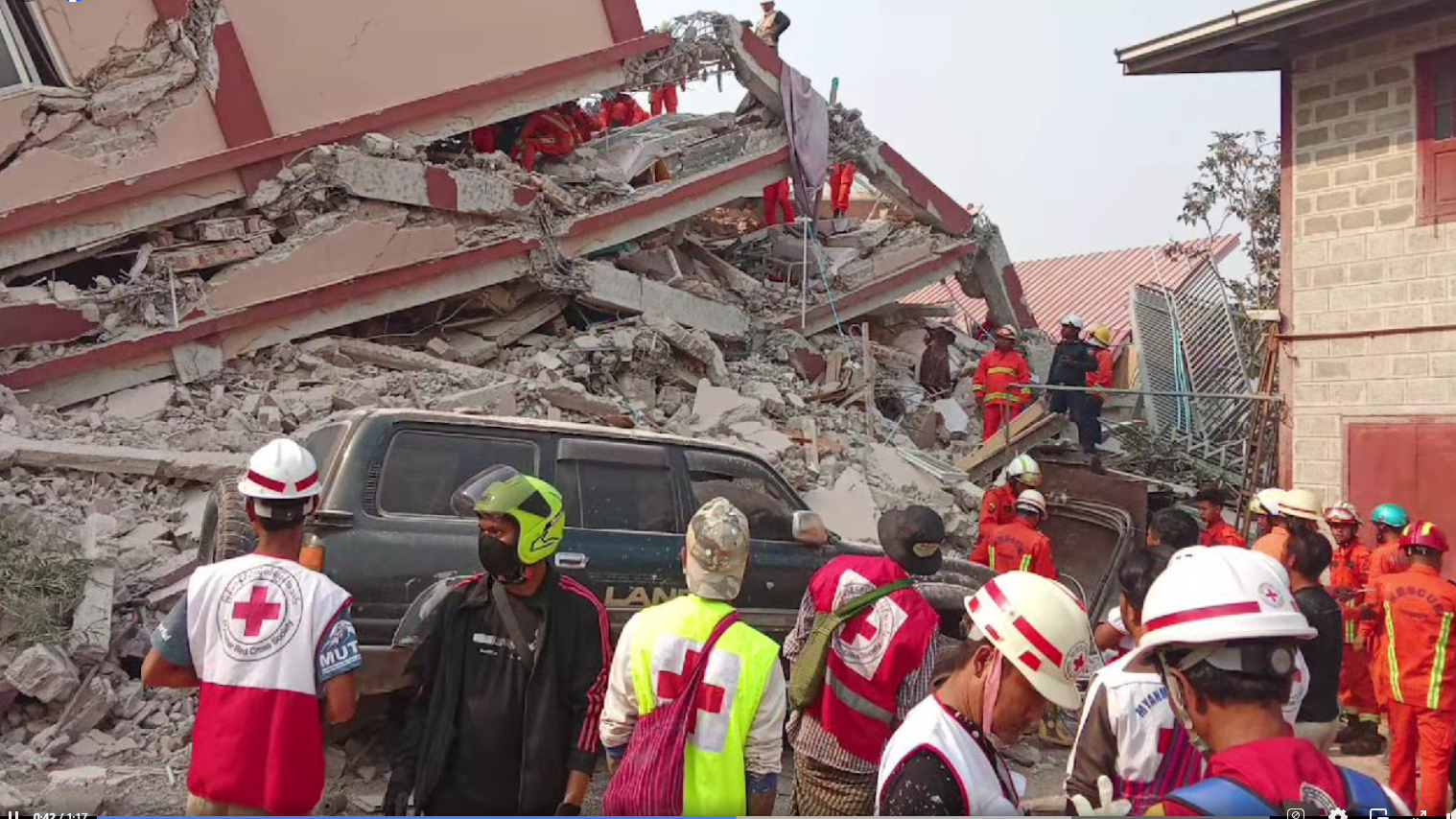Marking the upcoming 20th anniversary of three Protestant pastors’ arrest and continued imprisonment in Eritrea, the U.S. Commission on International Religious Freedom has urged the White House to call attention to religious freedom violations in the northeast African nation.
Two Full Gospel pastors — Haile Naizghe and Kiflu Gebremeskel — were arrested May 24, 2004, for their religious activity and remain imprisoned. Less than two weeks later, Meron Gebreselasie, pastor of Massawa Rhema Evangelical Church, was arrested for his role with a banned network of churches, and he also still is in prison.
Commissioner Frank Wolf, former member of the U.S. House of Representatives, said it is “unconscionable” that the three pastors “remain imprisoned under horrible conditions.”
“According to the Tom Lantos Human Rights Commission in the U.S. House of Representatives, the Eritrean government does not generally take steps to investigate, prosecute or punish officials who commit human rights abuses,” Wolf said.
“The safety and well-being of religious prisoners of conscience needs to be a priority for the international community. USCIRF urges the U.S. government to press for their immediate release.”
In its most recent annual report, the U.S. Commission on International Religious Freedom noted in 2023 at least 500 Christians in Eritrea faced “extremely long prison sentences and harsh prison conditions.”
‘Unbelievable’ religious repression
Pastor Ahferom Akilas of Gospel Light Eritrean Baptist Church in Dallas knows some of those imprisoned Christians personally.
He recently learned a pastor he had known for decades died after two and a half years in prison. The 78-year-old pastor’s funeral was scheduled May 15.
Evangelical Christians in Eritrea cannot gather publicly for worship, and “spies” routinely inform the military and police about home cell groups or prayer meetings in private residences, Akilas said. A friend was imprisoned for three years after being taken from her home and arrested when a neighbor turned her in, he recalled.
“Believers are taken off the street and from their homes,” he said. “Any soldier on the street can take anyone away, and they don’t have to justify what they are doing. It is lawlessness. It is unbelievable to the western mind.”
In January, the Washington Post reported prisoners in poorly maintained Eritrean prisons endure physical abuse, sexual violence and torture.
Continued ‘serious human rights violations’
Last year, the United Nations Human Rights Council pointed to “serious human rights violations” in Eritrea—including arbitrary detention and inhumane prison conditions — and called on Eritrea to release prisoners detained solely on the basis of religion or belief.
Of the hundreds of prisoners held in Eritrea on the basis of their religion or belief, the government subsequently released nine imprisoned Christians. At about the same time, police arrested another 30 Christians who had gathered to worship in a house church.
“Religious freedom conditions in Eritrea remain extremely poor. USCIRF was hopeful last year when Eritrean authorities started releasing some of those detained because of their faith or belief. Unfortunately, this effort included only a small number of prisoners,” Vice Chair Frederick A. Davie said.
“USCIRF urges the Biden administration to engage with the Eritrean government to end religious persecution of unregistered religious communities and release the remaining religious prisoners. The U.S. government must also urge the Eritrean government to ratify U.N. conventions related to freedom of religion or belief.”
Pray for prisoners, pray for the nation
A decade ago, the United Nations incorporated findings presented by the Baptist World Alliance into its Universal Periodic Review of Eritrea.
At that time, BWA estimated Eritrea held more than 2,000 prisoners based on their religious activity. Many were beaten, tortured, denied legal recourse and medical aid, and sometimes held in underground cells and metal containers, the BWA found.
As recommended by the U.S. Commission on International Religious Freedom, the U.S. Department of State repeatedly has designated Eritrea as a Country of Particular Concern since 2004 for engaging in “systemic, ongoing and egregious violations of religious freedom.”
Members of Gospel Light Eritrean Baptist Church in Dallas regularly pray for the situation in their homeland—particularly fellow Christians who are suffering for practicing their faith, Akilas added.
“We pray for those in prison and for their families,” he said. “We pray for the whole nation.”
EDITOR’S NOTE — This story was written by Ken Camp and originally published by Baptist Standard.










